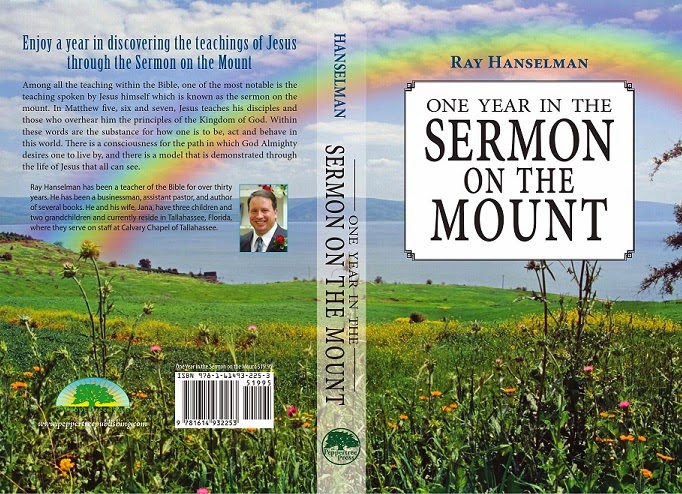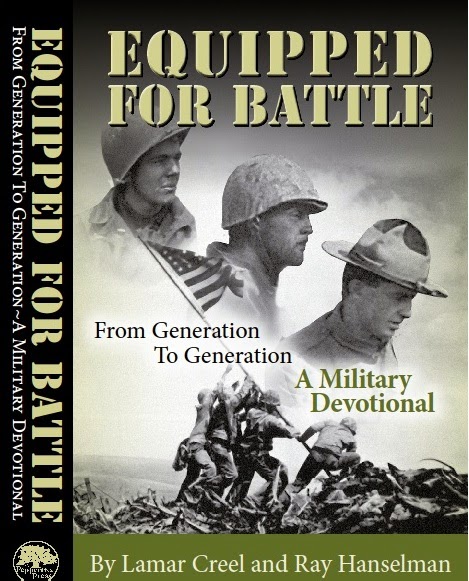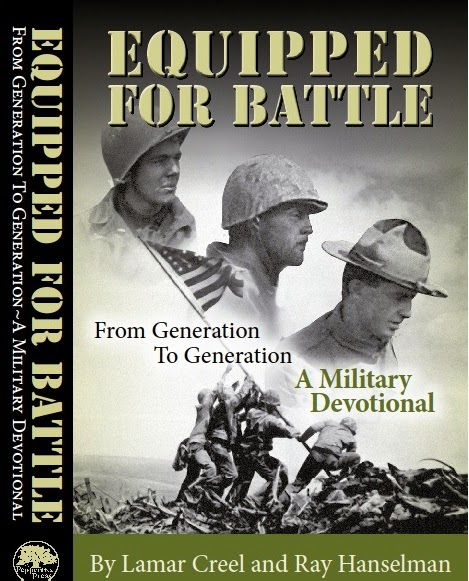As we study and learn from
the words of Jeremiah about the dispersion of Jerusalem and Judah, we
may be inclined to think of our own lives and wonder “what if this
happened to me?” Since the once thriving city and nation was made
as servants and tributaries, there is sadness throughout the land. In
chapter one and verse three we see more of the characteristics of
Judah's plight as we read:
Judah is gone into
captivity because of affliction, and because of great servitude: she
dwells among the heathen, she finds no rest: all her persecutors
overtook her between the straits.
The verse begins, “Judah
is gone into captivity because of affliction, and because of great
servitude:” The idea within
this verse is that Judah has “gone into captivity”
which means “to be uncovered, disclosed, discovered or
revealed”. It refers to Judah being exposed “because of
affliction” or “poverty and misery”. Rather than being in a
place of rule such as in the days of King David and his son Solomon,
they were now in “great servitude” or “labor and work
such as that of a slave”.
The
verse goes on to say, “she dwells among the heathen, she
finds no rest:” Where there
was once great opportunities with those around her to be attuned to
relational purposes and worship of God, Judah now lived with a
godless nation, and the result was “she finds no rest”
which means she finds no “resting place, state or condition
of rest”.
Finally
the verse says, “all her persecutors overtook her between the
straits.” In addition to affliction, servitude, dwelling among
heathens, and finding no rest, Jeremiah said “all her
persecutors” or “her pursuers and those who followed and ran
after her like a dog that is chased” “overtook” which
means “reached, captured and obtained” her “between the
straits” or while she was in “dire straits and distress”.
The nation that once flourished and prospered before God Almighty was
pursued and captured by a heathen nation.
What
would it be like to be driven from our homes and made captive in a
heathen nation? What would our attitudes be like if we were
afflicted, made servants, and made to be in a place of unrest? As we
consider the state of these people, let us be reminded that God
Almighty had a plan that would have prevented them from experiencing
these dire circumstances. If they had only listened to Jeremiah's
words as he prophesied of these conditions maybe things would have
been different. May we have ears to hear what God has to say to us
through His Son Jesus as we think about the people of Judah in their
dire straights.
Next
time we will see how this captivity affected the people of Judah, so
read ahead, and we shall join together then.
Until
tomorrow...there is more...
Look
for the daily devotional book “Equipped for Battle – From
Generation to Generation”, the marriage book “So, You Want to Be
Married”, and the new devotional “One Year in the Sermon on the
Mount” in all major bookstore sites, www.amazon.com ;
www.barnesandnobles.com ; download to e-books, and find it locally at
www.mrzlc.com/bookstore






































